Do all of the NHL’s elite teams excel on the power play, and when killing penalties? This is the topic for analysis in KP’s latest edition of NHL Power Rankings at The Wife Hates Sports.
In last week’s NBA Power Rankings, I discovered that there was a correlation between elite scorers and the league’s top teams.
In hockey, it’s not often scoring, but goaltending that gets recognized, especially by the time the playoffs arrive. That doesn’t mean that a team’s ability to kill penalties and take advantage of powers plays isn’t equally as important. But are the league’s elite teams excelling in this space?
The results – specifically, the league’s top ten in both power play percentage and penalty kill percentage – are highlighted in my latest NHL Power Rankings.
While the findings were a bit surprising, the rankings are not. Leading the way is the red-hot St. Louis Blues, followed by the Boston Bruins, Anaheim Ducks, Chicago Blackhawks and Pittsburgh Penguins. Following the rankings are a few quick takes on the subject at hand:

T.J. Oshie and the St. Louis Blues have had plenty to celebrate this season
KP’s NHL Power Rankings: March 11, 2014
*Stats and figures as of March 11, 2014 at 5pm Eastern time
1. St. Louis Blues (173 points)
Power Play (4th – 21.1)
Penalty Kill (3rd – 86.2)
2. Boston Bruins (157 points)
Power Play (3rd – 21.1)
3. Anaheim Ducks (148 points)
4. Chicago Blackhawks (140 points)
Power Play (5th – 21.1)
5. Pittsburgh Penguins (137 points)
Power Play (1st – 25.6)
Penalty Kill (1st – 86.9)
6. San Jose Sharks (131 points)
Penalty Kill (6th – 84.0)
7. Colorado Avalanche (118 points)
8. Los Angeles Kings (99 points)
9. New York Rangers (77 points)
Power Play (10th – 19.9)
Penalty Kill (8th – 83.7)
10. Dallas Stars (66 points)
11. Montreal Canadiens (64 points)
Penalty Kill (4th – 84.6)
12. Philadelphia Flyers (61 points)
Power Play (9th – 19.9)
Penalty Kill (10th – 83.5)
13. Toronto Maple Leafs (60 points)
Power Play (6th – 21.0)
14. Columbus Blue Jackets (60 points)
15. Tampa Bay Lightning (59 points)
16. Minnesota Wild (56 points)
17. Detroit Red Wings (46 points)
Penalty Kill (7th – 84.0)
18. New Jersey Devils (35 points)
Power Play (7th – 20.8)
Penalty Kill (2nd – 86.4)
19. Phoenix Coyotes (30 points)
Power Play (8th – 20.8)
20. Washington Capitals (26 points)
Power Play (2nd – 23.2)
21. Winnipeg Jets (25 points)
Penalty Kill (5th – 84.3)
22. Ottawa Senators (14 points)
23. Vancouver Canucks (-2 points)
Penalty Kill (9th – 83.6)
24. Carolina Hurricanes (-3 points)
25. Nashville Predators (-9 points)
26. New York Islanders (-18 points)
27. Calgary Flames (-36 points)
28. Edmonton Oilers (-42 points)
29. Florida Panthers (-45 points)
30. Buffalo Sabres (-65 points)
The results left no obvious attention-grabbing figures, other than the bottom seven teams not cracking the top ten in either category.
Five teams cracked the top ten in both categories, with the Blues and Penguins being the obvious participants. The Rangers and Flyers were not a big shock, but the Devils (18th in the rankings and currently a non-playoff team) did come as a surprise.
Of the top ten teams in the rankings, five crack the top ten in power play percentage, while four land amongst the top penalty killing teams in the NHL. Once again, nothing eye-popping…
And while the stats certainly don’t tell the story, a penalty kill should be considered the more important trait of an elite team. It’s the ability to shut down a team’s momentum that can really take over a game. Power plays present opportunities, yes, but so do breakaways and key mistakes when there isn’t a man advantage.
What do you feel is more important, penalty killing or success on the power play?
* All stats per NHL.com
The Wife Hates Sports NHL Power Rankings system has a method to its madness, attempting to be different and not just rank by popularity and record. It mixes a secret formula of six completely different categories, meshed into a points system. The categories don’t just include team results regarding record, but how each team has performed recently, as well as incorporating some statistics on both a team’s offense and defense, too.
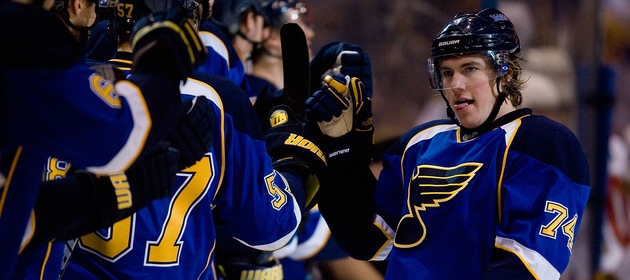
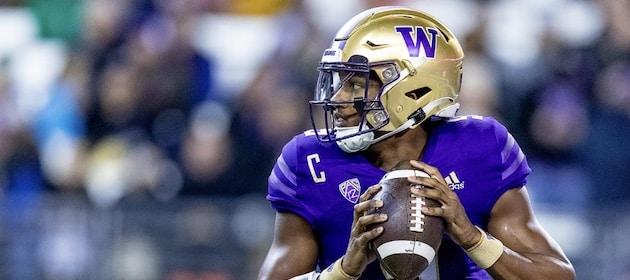

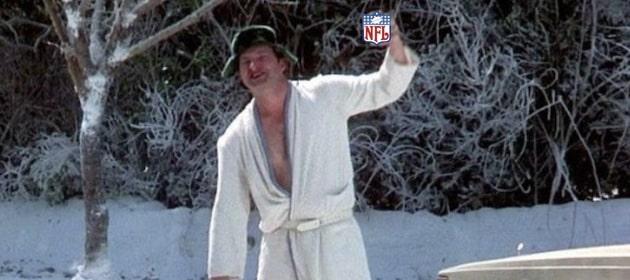
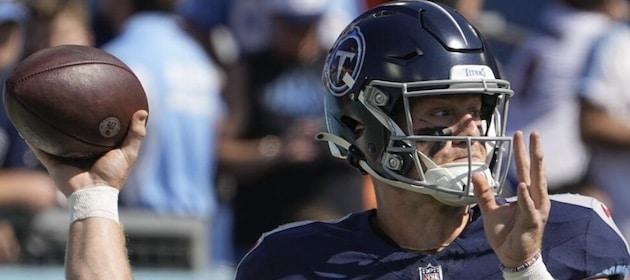
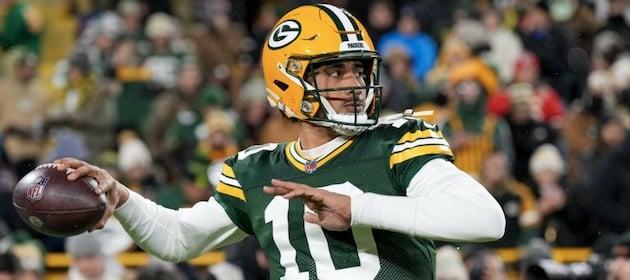
REV– Yeah, I was going to ask you how that went down there. He was a popular guy in that town, I imagine. I think that TB got a steal on the deal, to be honest. For him to whine and say he will only go to New York…. that should limit a team. Yet, the Lightning were able to get Callahan, plus a first and second rounder, right? To me, that’s a steal. Not many people out there are saying that though…
As you might imagine, that whole Marty St Louis fiasco is only now starting to simmer down.
Let’s see how it affects the Lightning in their playoff run.